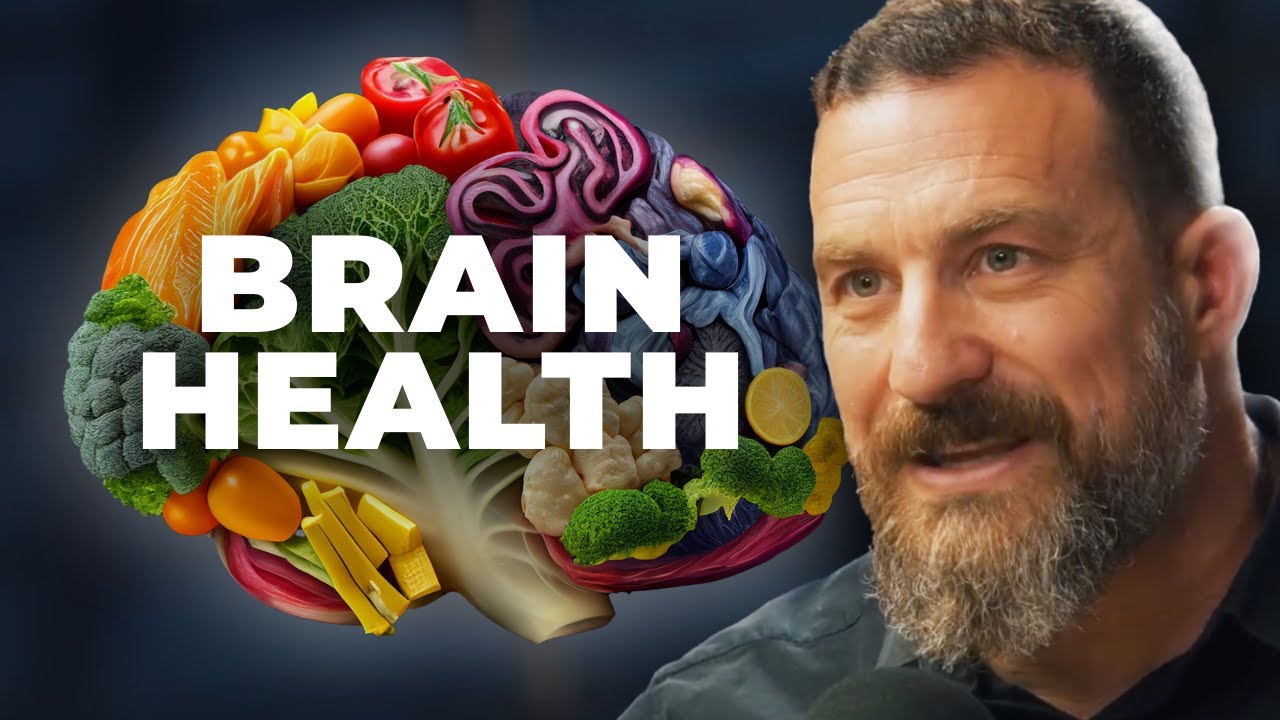Manifest - Healty Life Asst. Prof. Çiçek GUNDAY
Summary
TLDRThis video provides essential dietary guidelines for maintaining heart health and overall well-being. The speaker emphasizes the importance of a balanced diet, including fruits, vegetables, whole grains, oily fish, and lean meats. Key recommendations include limiting added sugars, reducing sodium intake, and avoiding excessive alcohol consumption. The speaker also highlights the need to prepare meals at home to control the ingredients and prevent unnecessary additives. While acknowledging they are not a nutritionist, they suggest consulting one for personalized advice on nutrition and health.
Takeaways
- 😀 Carbohydrates are essential for energy and should not be completely eliminated from the diet.
- 😀 Fats are necessary for the absorption of certain vitamins and should not be avoided, but should be consumed in moderation.
- 😀 Vitamins and minerals are crucial for healthy body development and can be obtained from both natural foods and supplements.
- 😀 Controllable risk factors for health can be managed by making mindful dietary changes.
- 😀 A diet rich in fruits, vegetables, and whole grains, as well as oily fish like salmon, is recommended for better heart health.
- 😀 Lean meats with little to no fat should be chosen to minimize cholesterol intake.
- 😀 Added sugars from sugary drinks and foods like chocolate should be minimized for better overall health.
- 😀 It is important to limit sodium intake to 1,500 mg per day (approximately one teaspoon of salt) to reduce health risks.
- 😀 Preparing meals at home helps control salt and ingredient intake, providing a healthier alternative to eating out.
- 😀 Limiting alcohol consumption and avoiding excessive sodium can significantly improve long-term health outcomes.
Q & A
What is the definition of health according to the speaker?
-Health is not just the absence of disease but a state of complete physical, mental, and social well-being. It involves not only being disease-free but also being capable of leading a fulfilling life and contributing positively to society.
How does the speaker differentiate between positive and negative health?
-Positive health refers to a person’s ability to enjoy life, cope with challenges, and maintain a sense of well-being. Negative health, on the other hand, is characterized by illness, reduced quality of life, and premature death.
What role do genetics play in health, according to the speaker?
-Genetics influence health, but the speaker emphasizes that lifestyle factors like physical activity, diet, and environmental influences can modify genetic risks over time.
What are the primary benefits of physical activity as discussed in the script?
-Physical activity has numerous benefits, including improved cardiovascular health, better muscle and bone strength, weight control, enhanced mental health (reduced stress, improved mood), better sleep quality, increased energy, and greater social engagement.
What does the speaker mean by sedentary behavior, and why should it be avoided?
-Sedentary behavior refers to long periods of inactivity, such as sitting or lying down for extended hours. The speaker advises avoiding sedentary lifestyles because they are associated with numerous health risks, including cardiovascular diseases and obesity.
What is the FIT principle, and how does it guide exercise recommendations?
-The FIT principle stands for Frequency, Intensity, and Time, which are the key components for structuring physical activity. The speaker recommends aiming for 150-300 minutes of moderate-intensity aerobic activity per week, or 75-150 minutes of vigorous activity, combined with strength training and flexibility exercises.
How can regular physical activity contribute to a longer life?
-Engaging in regular physical activity reduces the risk of chronic diseases, boosts energy levels, and enhances overall well-being, all of which contribute to a longer and healthier life.
What are the types of exercises recommended by the speaker?
-The speaker recommends a combination of aerobic exercises (e.g., running, cycling), strengthening exercises (e.g., weight lifting, resistance training), and flexibility exercises (e.g., stretching, yoga) to achieve overall fitness.
Why is it important to warm up and cool down before and after exercise?
-Warming up prepares the body for exercise by gradually increasing heart rate and flexibility, reducing the risk of injury. Cooling down helps to gradually return the body to its resting state, reduce muscle soreness, and promote recovery.
What dietary guidelines does the speaker suggest for improving health?
-The speaker recommends consuming a diet rich in fruits, vegetables, whole grains, and healthy fats. It’s also advised to choose lean meats, limit added sugars, reduce sodium intake (ideally to 1,500 mg per day), and limit alcohol consumption for better overall health.
Outlines

このセクションは有料ユーザー限定です。 アクセスするには、アップグレードをお願いします。
今すぐアップグレードMindmap

このセクションは有料ユーザー限定です。 アクセスするには、アップグレードをお願いします。
今すぐアップグレードKeywords

このセクションは有料ユーザー限定です。 アクセスするには、アップグレードをお願いします。
今すぐアップグレードHighlights

このセクションは有料ユーザー限定です。 アクセスするには、アップグレードをお願いします。
今すぐアップグレードTranscripts

このセクションは有料ユーザー限定です。 アクセスするには、アップグレードをお願いします。
今すぐアップグレード関連動画をさらに表示

Food and Nutrition MCQs | nutrition mcq | nutrition mcq questions answers | nursing exam

Heart Failure | Pharmacology (ACE, ARBs, Beta Blockers, Digoxin, Diuretics)

1 Shot...Opens Arteries on the Spot (Prevent Heart Attack & Stroke) | Dr. Mandell

Neuroscientist: The Best Diet for Brain Health & Memory

✨Video Komunikasi Terapeutik pada Pasien Lansia✨

Caregivers' Survival Guide: How to Care for an Elderly
5.0 / 5 (0 votes)
